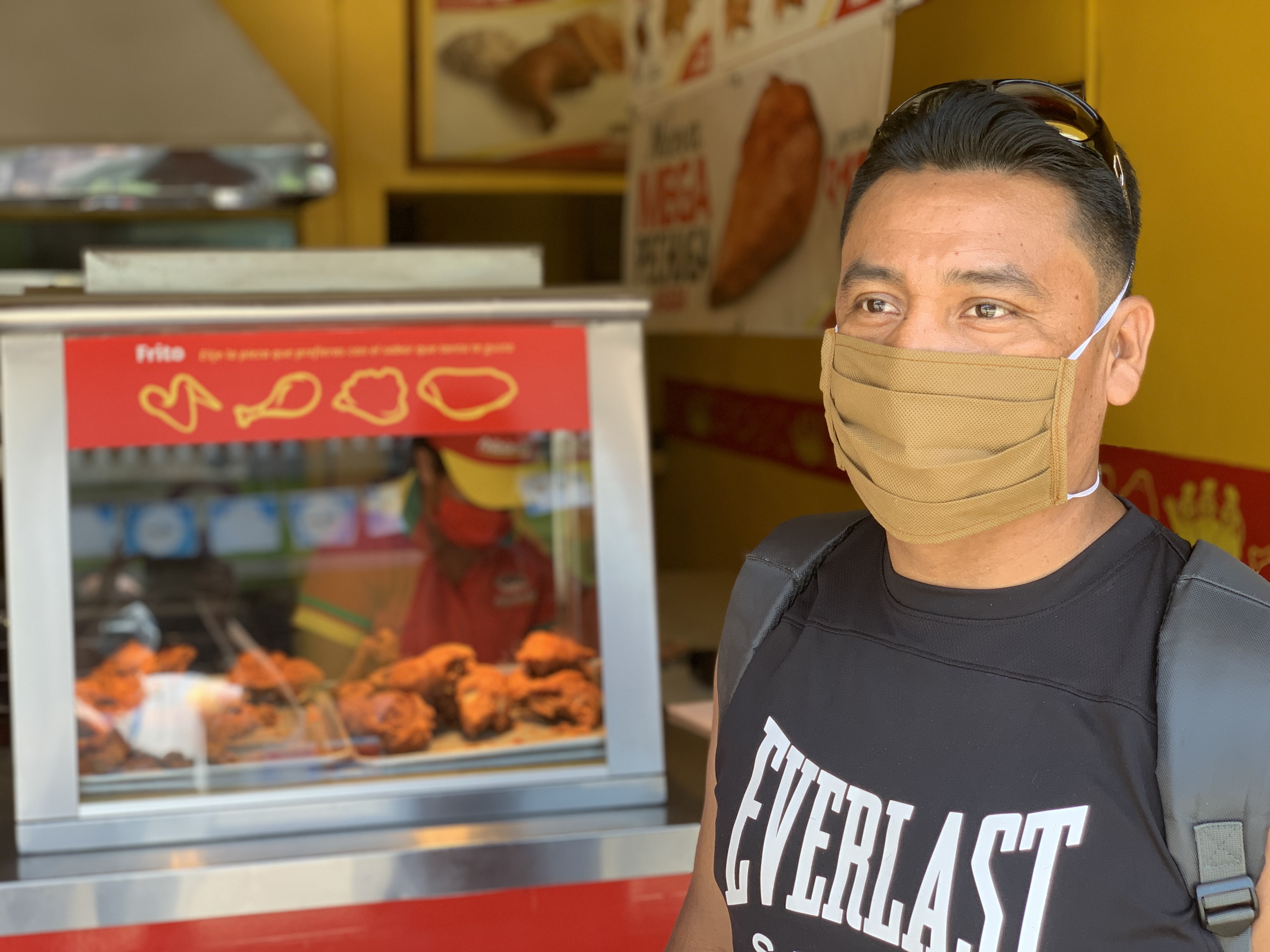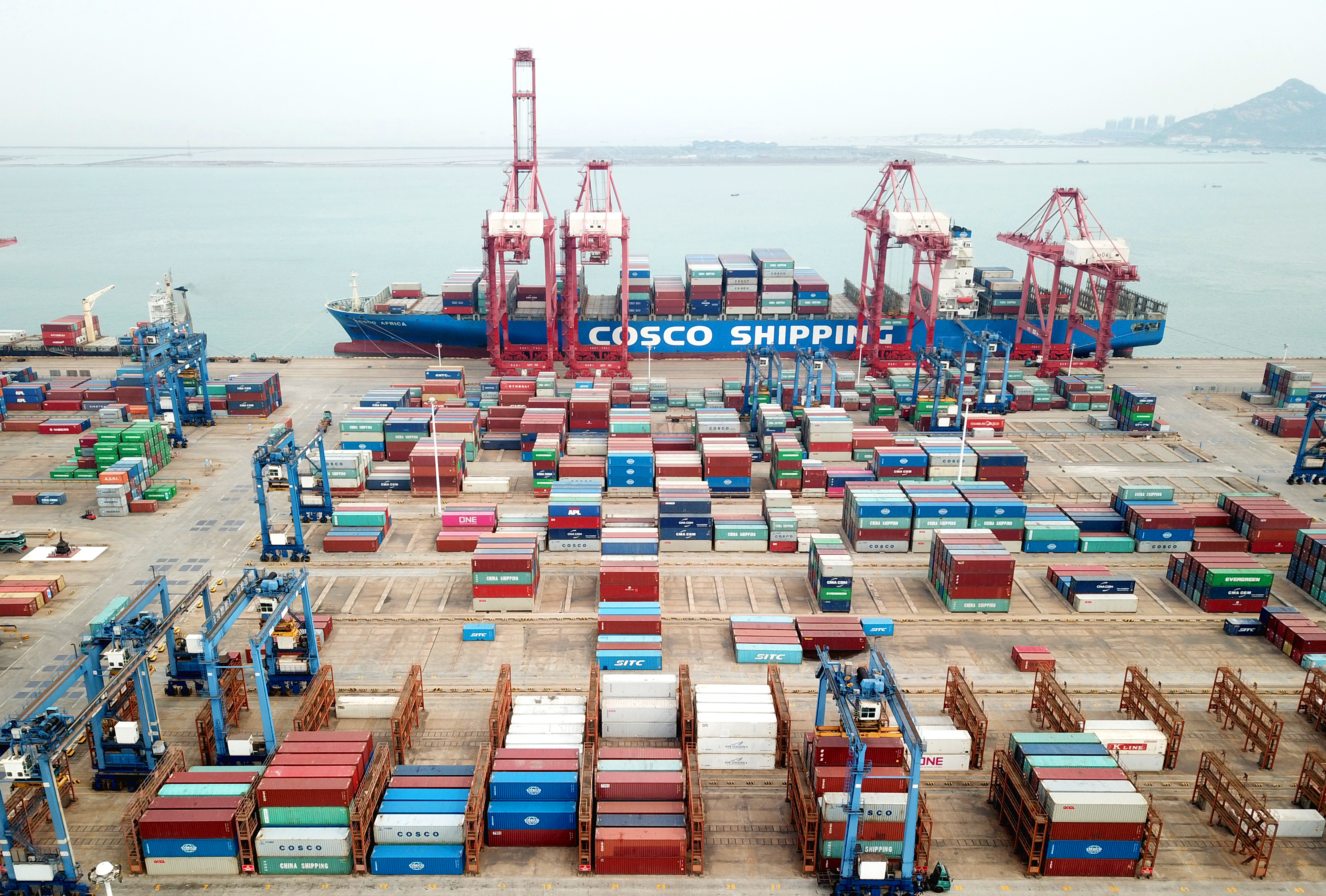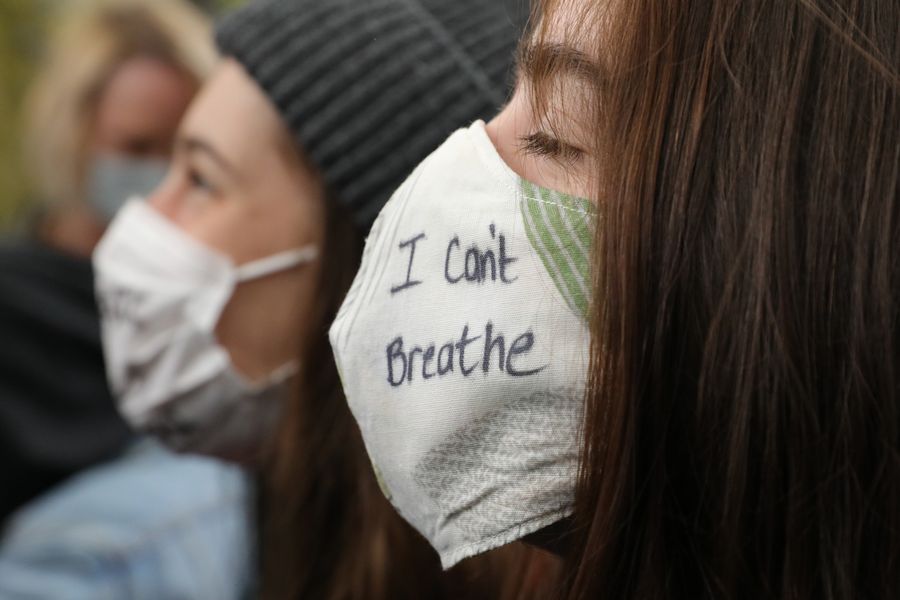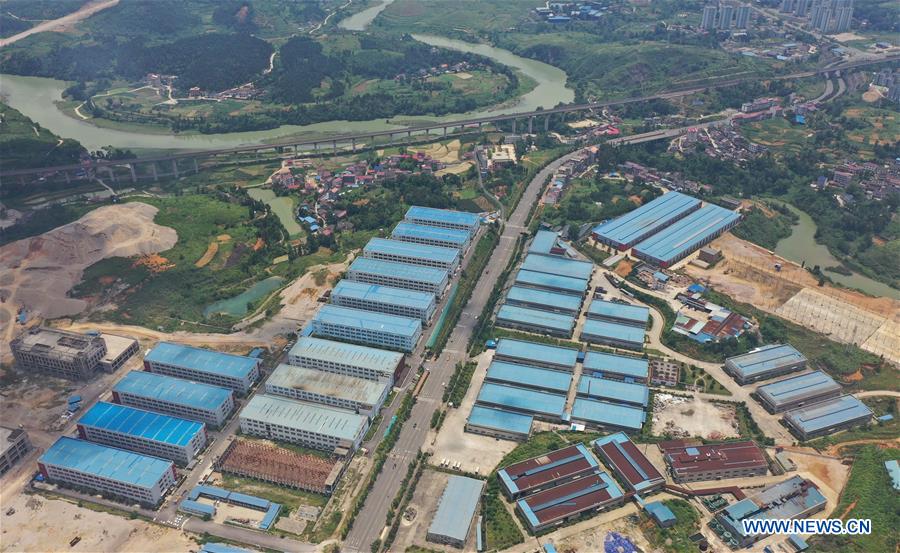-"They never even gave us hand soap or sanitizer for disinfecting," said Canahui, who he has recently returned home after working in the United States for 17 years.
-Overcrowded holding centers and unsanitary conditions have dominated memories of numerous migrants corralled by U.S. immigration authorities.
-The Center for Economic Policy Research, a Washington-based think tank, said in a report that the U.S. administration "has been exporting the virus" from infected detention centers to Latin America.
by Xinhua writers Cui Yuanlei, Shooka Shemirani, Wu Hao
MEXICO CITY, June 7 -- In the name of containing the spread of COVID-19 at home, the United States has been pushing ahead with its immigration enforcement agenda, deporting thousands of Central Americans, including those who have been infected with the deadly virus, to their home countries amid the ravaging pandemic.
With little or even no sanitary measures in place in crowded holding centers or the deportation process, Washington's business-as-usual approach has disregarded a global health crisis and jeopardized the fragile health systems in less developed countries in Central America.
So far, Guatemala, Haiti, Jamaica and other Latin American countries such as Colombia and Mexico have all reported infected cases in deportees. The United States, with the world's highest number of infections and deaths, is accused of prompting the virus' diffusion in its neighboring region.
"NOT EVEN HAND SOAP"
Marvin Canahui, a 38-year-old Guatemalan migrant, said his own experience was typical of thousands of deportees who were held or deported by U.S. Immigration and Customs Enforcement (ICE) during the pandemic.

Marvin Canahui is pictured in Peten department, Guatemala, May 13, 2020. (Photo by Haroldo Martinez/Xinhua)
"They never even gave us hand soap or sanitizer for disinfecting," said Canahui, who he has recently returned home after working in the United States for 17 years.
He was arrested on Jan. 3 while taking a bus in the south central U.S. state of Texas, because he had no proper documents, said Canahui at his home in the village of Santa Isabel in northeast Guatemala. And he learned about the pandemic from watching TV at an overpopulated holding center in the southeastern U.S. state of Louisiana.
Except in the dining room and telephone area, there was no cleaning or preventive measures such as social distancing in the facility where he shared a dormitory, showers and bathrooms with about 200 other migrants from Guatemala, El Salvador, Honduras and Nicaragua, he recalled.
"It was packed, completely full. There was no room for more people," said Canahui. "They (U.S. authorities) kept bringing in prisoners. We were totally cramped in there."
Before he was deported in mid-April, personnel at the center checked his throat with a plastic tongue depressor, without explaining what it was for or informing him of the result.
After he arrived in Guatemala by air on April 14, immigration authorities there put him and other deportees in quarantine for 14 days at a shelter near the airport, since previous returnees had tested positive for the virus.
Guatemala has so far reported more than 6,000 cases and more than 200 deaths related to COVID-19. Local media reported that at least 102 of the cases were Guatemalans repatriated from the United States.
"I hope we don't end up in the same situation as other countries (with large outbreaks), because I don't know how we would fare if that happens," Elvia Watters, who runs a local health clinic, told Xinhua.
CASE AFTER CASE
Overcrowded holding centers and unsanitary conditions have dominated memories of numerous migrants corralled by U.S. immigration authorities.
A Salvadoran migrant who only gave his name as Carlos was kept at a detention facility in Texas from late January to early April, losing 20 kilos of weight in the process due to existing ailments and the poor conditions.













